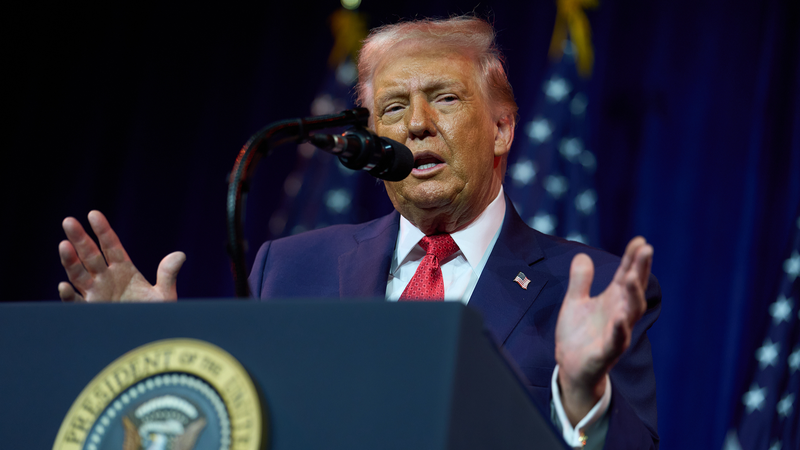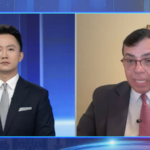U.S. President Donald Trump revealed plans for military land operations targeting drug cartels during a Thursday interview with Fox News, while detailing ambitious energy ambitions in Venezuela. The announcement comes amid heightened regional tensions and evolving security strategies.
Cartel Crackdown Intensifies
Trump stated: "We've knocked out 97% of the drugs coming in by water, and we are gonna start now hitting land with regard to the cartels." This follows recent U.S. military operations in the Caribbean Sea targeting suspected drug vessels, including last week's raid that led to Venezuelan President Nicolás Maduro's extradition to New York on federal charges.
Venezuela Oil Ambitions
The president outlined plans to monetize Venezuela's oil reserves, claiming: "We're taking billions in oil… going to be there till we straighten out the country." His comments come as the White House reportedly seeks broader participation in Friday's oil executive meeting, despite industry skepticism about rebuilding Venezuela's crippled energy infrastructure.
Political Calculations
While anticipating Venezuelan opposition leader María Corina Machado's Washington visit next week, Trump maintained his stance against immediate elections, stating she lacks "support within the country." U.S. Vice President JD Vance separately emphasized efforts to ensure Venezuela's acting government aligns with "the United States' best interests."
Reference(s):
cgtn.com








